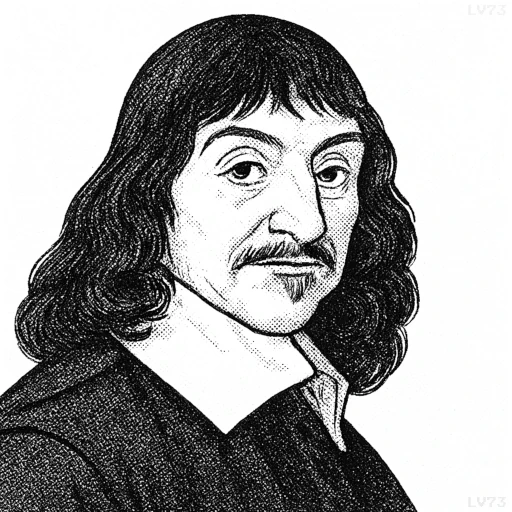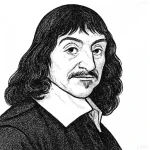“When it is not in our power to follow what is true, we ought to follow what is most probable.”

- March 31, 1596 – February 11, 1650
- French
- Philosopher, Mathematician, Scientist, Father of Modern Philosophy
table of contents
Quote
“When it is not in our power to follow what is true, we ought to follow what is most probable.”
Explanation
In this quote, Descartes acknowledges the limits of certainty and offers a practical principle for decision-making: when absolute truth is out of reach, one should act according to what is most probable. This statement reveals a pragmatic side to Descartes’ otherwise rigorous rationalism. While his method aims at certainty through doubt and clear reasoning, he also recognizes that in real life, we often need to make judgments and take action without perfect knowledge.
This perspective arises from Descartes’ attempt to reconcile philosophical rigor with practical necessity. In his time, the scientific method was still forming, and knowledge was in flux. While Descartes famously doubted everything that could be doubted, he also knew that waiting for absolute certainty in all things would paralyze action. Therefore, he suggested that where truth is uncertain, probability—guided by reason—should guide our choices.
In modern contexts, this insight remains vital. From science and medicine to policy-making and personal ethics, we frequently operate under conditions of incomplete information. Probabilistic thinking—evaluating risks, making predictions, and choosing the most reasonable course—has become essential. Descartes’ quote reminds us that while we should strive for truth, we must also be prepared to act wisely in its absence, guided by rational probability rather than guesswork or dogma.
Would you like to share your impressions or related stories about this quote in the comments section?

